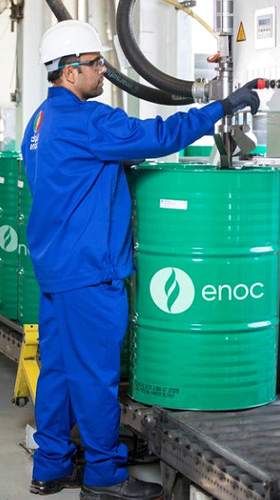
The Role Of Lubricant Suppliers In The Market
Lubricant suppliers in Dubai play a crucial role in the lubricant market by providing a wide range of lubricants to various industries, including automotive, industrial, and marine. These suppliers deeply understand the different types of lubricants, their properties, and their specific applications, and they work closely with customers to recommend the right lubricant for their needs.
Product range:
Lubricant suppliers offer a wide range of products to meet the needs of different industries and applications. This includes conventional mineral oils, synthetic lubricants, and bio-based lubricants. They also offer specialized lubricants such as food-grade, high-temperature, and lubricants for extreme pressure applications. The product range of lubricant suppliers also includes greases, gear oils, hydraulic fluids, and coolants.
Technical support:
Lubricant suppliers provide technical support to their customers to help them select the right lubricant for their specific application. They know the properties and characteristics of different lubricants and can recommend the best lubricant for a particular application, considering factors such as temperature, pressure, and load. They can also guide lubrication best practices, such as how often to lubricate, how much lubricant to use, and how to store lubricants properly.
Innovations and R&D:
Lubricant suppliers are constantly innovating and researching new lubricant products and technologies to meet the changing needs of their customers. They invest in research and development to create new lubricants that are more energy-efficient, environmentally friendly, and longer-lasting. They also invest in developing new technologies, such as condition monitoring systems, which can help their customers to optimize their lubrication processes and reduce costs.
Quality assurance:
Lubricant suppliers must comply with strict industry standards and regulations regarding the quality and safety of their products. They ensure their lubricants meet the required quality standards through rigorous testing and quality control processes. They also provide customers with detailed product and safety data sheets, which provide information on the lubricant’s properties, performance characteristics, and safe handling and storage practices.
Logistics and supply chain management:
Lubricant suppliers have well-established logistics and supply chain management systems, enabling them to efficiently deliver products to customers worldwide. They have a wide distribution network and a fleet of delivery vehicles to ensure timely and efficient delivery. They also have storage facilities and warehouses to ensure adequate stock levels and meet their customers’ fluctuating demands.